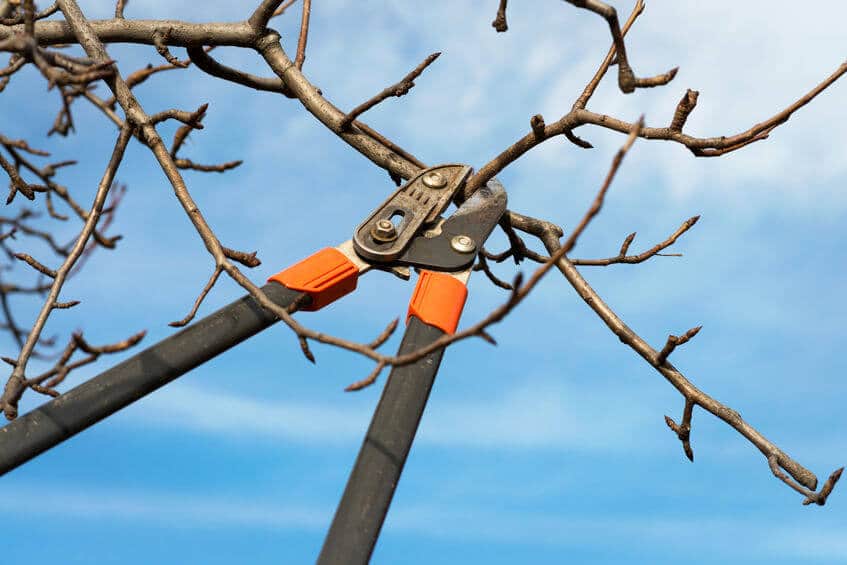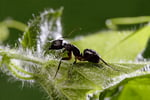The United States is seeing an increase in bed bug infestations, and health professionals aren’t completely sure why. The increase may be due to an increase in travel, but what you need to know is the risk to your home. Bed bugs are hard to spot and reproduce prolifically, so all it takes is one or two coming home with you from a recent trip to cause an infestation.
Protecting your home starts with knowing how to spot a problem. While actual bugs are a clear indication of a problem, they are experts at hiding during the day. You are more likely to see black fecal spots or their eggs on your mattress or in the seams of your couch, or realize you have a problem when you wake up with irritation from bites.
While a professional pest control company can take care of bed bugs in even the trickiest hiding places, the best way to address this problem is to prevent it altogether. Here are some ideas from your local pest control professionals at Senske to help you avoid and prevent these nasty pests.
Bed Bug Prevention Tips at Home
Prevention starts at home. Once you have an infestation, it can be hard to get rid of, even with professional help, so make sure you are doing all you can to prevent one. Here are some tips:
Inspect all second hand furnishings you purchase before bringing them home. Look for signs of bed bug infestation, like feces or bed bug bodies in the seams.
- Cover your mattresses and box springs in a protective bed bug prevention cover.
- Reduce the number of hiding places in your home by eliminating clutter and sealing crevices.
- Vacuum your home regularly.
- If you use a shared laundry facility, use plastic bags to transport items, and remove items promptly to take home. Fold your items at home rather than at the laundry facility to avoid contamination.
- Inspect luggage and clothing every time you travel for signs of bed bugs that may have hitched a ride home.
- Check your mattresses on a regular basis. Do not wait until someone in your family is suffering due to bed bug bites. If you notice black spots or bugs on linens or mattresses, take action immediately.
- Inspect bed and furnishings after visitors stay in your house. If they have been infested recently, they could bring the problem to your home.
Bed Bug Prevention While Traveling
One of the most common ways to bring bed bugs home is when traveling. These pests are common in shared sleeping spaces, like hotel rooms, because all it takes is one infested suitcase or clothing item to cause an infestation in the hotel bed. Because of this, you must be vigilant when traveling to avoid unwanted hitchhikers coming back to your home. Here are some tips to help:
Inspect the sheets and mattress seams before you lay anything on the hotel bed. Stains and spots are a sign of a problem. The corners are particularly common hiding places.
- If you see anything you suspect may be bed bugs, request a new room or go to a new hotel immediately.
- Before unpacking, check the rest of the room. Look in the chairs and couches, behind the headboard, and in the drapes.
- When changing rooms, ask for a room far from the contaminated one, because bed bugs spread rapidly.
- Put a plastic bag around your suitcase to protect it from bed bugs traveling home with you.
- When you get home, wash all of your clothing in hot water and use a handheld steamer to steam your suitcases to ensure no bugs are hiding in them.
Pest Control for Bed Bugs
If, in spite of your best prevention efforts, you end up with a bed bug infestation, you need to act quickly. Professional pest control is the answer to dealing with these pests decisively and getting them out of your home for good. These pests cause irritation, to say the least, and can make your home uncomfortable to sleep in. You will need to get rid of them ASAP!
For over 75 years, Senske Pest Control has been offering pest control services for homeowners in the area. We can help you find infested areas and permanently destroy the infestation using the latest treatment techniques. Don’t leave your family to suffer from bed bugs. Do the best you can to avoid an infestation, and give us a call if you notice a problem for prompt help from a pest control professional.










